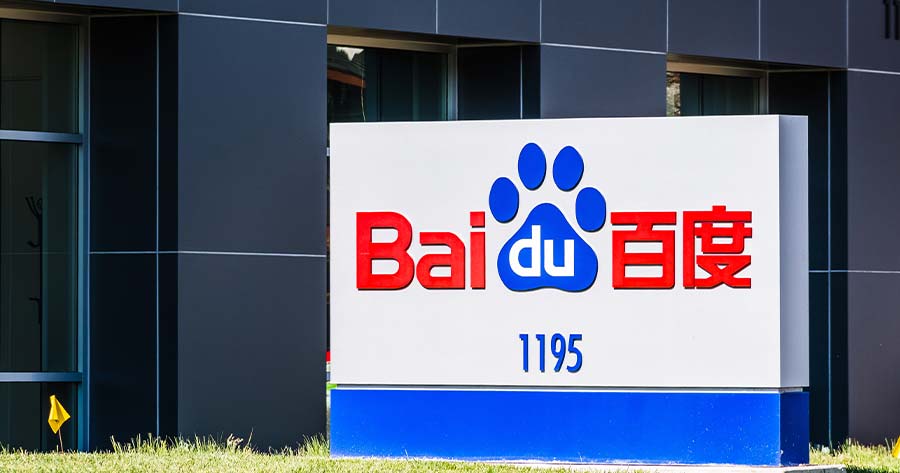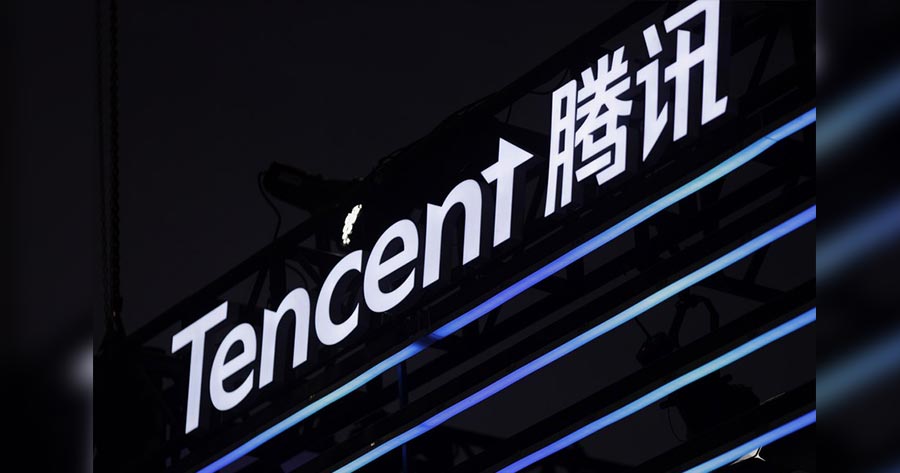Baidu introduced two new artificial intelligence chips on Thursday, underscoring efforts to bolster China’s self-reliance in high-performance computing as export restrictions on advanced U.S. AI semiconductors tighten.
The move, announced at the company’s annual Baidu World technology conference, comes as Chinese firms accelerate the development of homegrown processors and seek out domestic alternatives in response to heightened U.S.-China technology frictions.
The company’s new M100 chip, designed for inference tasks, is scheduled to launch in early 2026. A second chip, the M300, which will handle both AI model training and inference, is planned for release in early 2027. Training chips are used for building AI models from large datasets, while inference chips enable those models to operate and respond to user queries.
Baidu, which has been working on proprietary semiconductors since 2011, also revealed two “supernode” hardware products that use advanced network architectures to combine multiple chips, aiming to overcome performance limitations of single processors.
The Tianchi 256 supernode, comprising 256 of Baidu’s P800 chips, will become available in the first half of next year. A larger version utilizing 512 P800 chips is expected in the second half of 2025.
Chinese technology rival Huawei has fielded comparable offerings, including the CloudMatrix 384—powered by 384 Ascend 910C chips—which industry analysts regard as a formidable competitor to Nvidia’s GB200 NVL72, one of the most sophisticated system-level AI solutions from the U.S. manufacturer. Huawei announced in September that further advanced supernode platforms are in the pipeline.
In addition, Baidu rolled out a new version of its Ernie large language model (LLM), which the company says now delivers not only advanced text processing but also robust image and video analysis capabilities.





